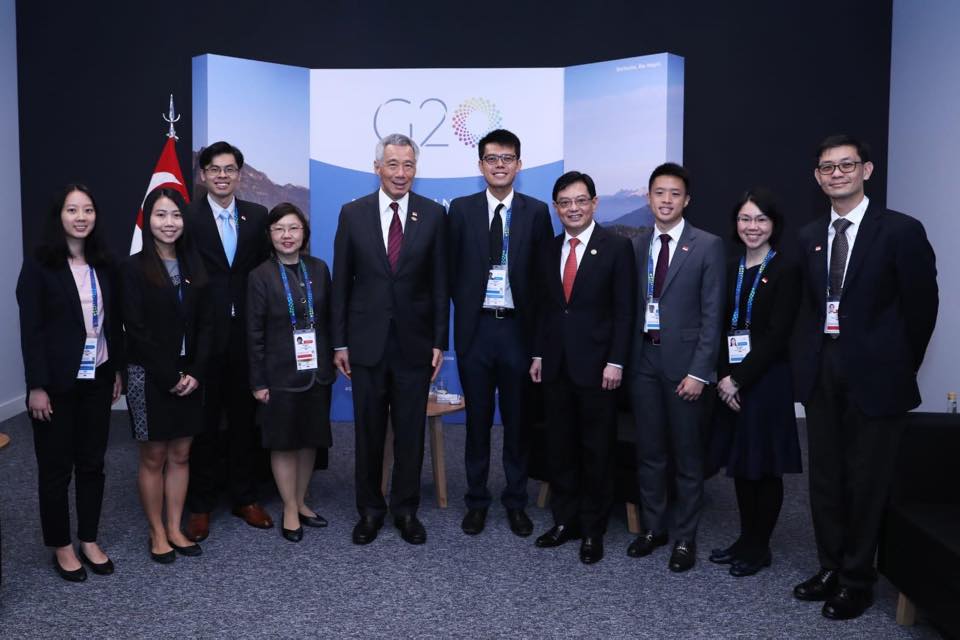Finance Minister Heng Swee Keat was asked questions about the global economy by the Singaporean press in Buenos Aires, after the Group of 20 (G-20) meeting on December 1, Saturday.
Heng, who attended the summit since Singapore represented the countries of the ASEAN, said that the ministers concentrated on getting ready for an economic downturn, given the conditions of financial markets in 2018.
“There is concern about the current state of the financial market. In particular, the risk of building up, and we have had a prolonged period of economic upturn.
The question is, when is the downturn coming? And how do we prepare for that?”
The G20 Leaders’ Summit was formed in 2008, the year the financial crisis struck, to prevent it from getting even worse.
Heng told reporters that the finance ministers at the meeting tackled three particular topics: short-term risk in the global financial system, creating a more resilient financial system with safety nets in place, and developing the financial system that would support changes in structure in the different economies.
The Finance Minister said that there is uncertainty at present because of the possibility of a looming economic downturn, as well as present trade tensions, “We need to be prepared for corrections in the market. We need to look at what we need to do to work together.”
Concerning safety nets, Heng said, “We need to look at how we can build national resilience, at the same time regional resilience, for countries in a particular region, if there’s scope for them to enhance the collaboration.”
The different finance ministers talked about discrepancies in loans and the ability to repay them as well as changes in interest rates and fluctuations in currencies which could get emerging nations into trouble.
At present, the members of ASEAN Plus Three (China, Japan, and South Korea) have a safety net called the Chiang Mai Initiative Multilateralisation, a fund of US$240 billion (S$329 billion) from the foreign reserves of the countries, allowing member nations loans when they’re facing financing problems.
As for developing a financial system to changes in structure in different economies, Heng mentioned infrastructure and education as two areas where funds could possibly be directed towards.
“There is a recognition that infrastructure is key to enable economies, particularly emerging economies, to continue to develop.”
The ministers discussed the different ways of attracting additional private capital to invest into infrastructure that would cope with the realities of climate change, as well as educational systems for lifelong learning to deal with the ever-evolving nature of jobs.
Heng noted what Singapore is doing in this aspect, “There’s some strong interest in what Singapore is doing, in particular on our education system as well as in lifelong learning for adults under SkillsFuture.”
Read related: Heng Swee Keat, “My doctors have given me a clean bill of health”

